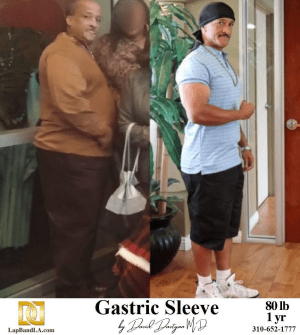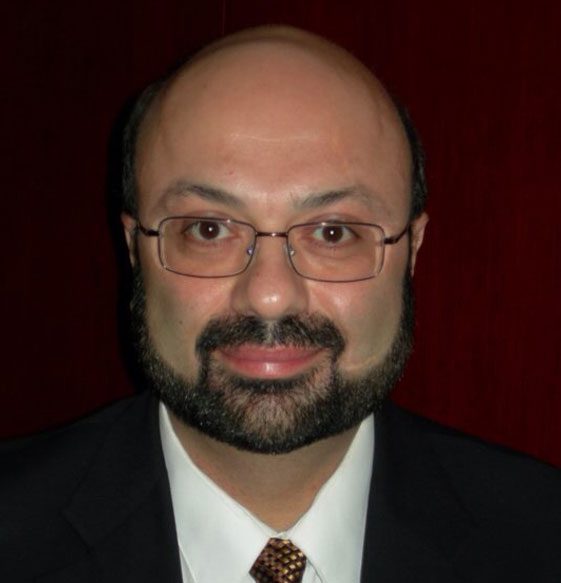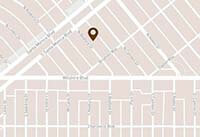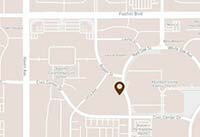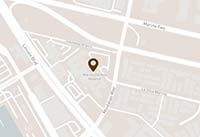Gas pain is one of the most uncomfortable symptoms you can experience after weight loss surgery. The feeling of having stomach pains, bloating, and gas are some of the things that might lead to anxiety after surgery. And early post-surgery, you might feel that your stomach is hard or that food is stuck in it, so you cannot digest it.
However, this issue will subside as your body gets used to smaller portions, processed foods, and healthier foods. The important thing is to know the causes of the gassiness and to do all that you can to avoid them.
How to do it, you ask? Read on!
What can cause gas pains after weight loss surgery?
After the surgery, you might also feel gassy because the stomach has lost its ability to stretch and digest food. Thus, it requires time for your body to get used to the new regime of eating smaller portions of food daily.
Gas pain after weight loss surgery is definitely not a pleasant feeling. The pain occurs due to the stomach being stretched – again, no longer a familiar feeling for the stomach – and eating certain types of food. Vegetables and beans are examples of the types of food that might cause more gas than other types of food.
Of course, people have different sensitivities to gas and gas-causing foods. The pain and unpleasantness will vary from person to person.
What are other things that might cause gas pain after weight loss surgery?
After weight loss surgery, it is very important to know that excess gasses can be a problem. Gas pains are a symptom of several other conditions, including Irritable Bowel Syndrome, Crohn’s Disease, and Celiac Disease. Other gastrointestinal problems may also cause gas pain. But don’t just assume you have any of these right away. Consult with your doctor before taking any action.
Another less common issue can be acid reflux. Certain foods and drinks may aggravate this condition, such as alcoholic beverages, caffeine, and chocolate.
Gas pain after weight loss surgery can also be experienced through another less common cause called Colonic Inertia. A blockage can cause colonic inertia in your intestine, which inhibits the food from moving through it efficiently. The effect is a gas build-up.
How do you get rid of gas pain after weight loss surgery?
If you want to avoid such symptoms, consuming certain foods might help you with this issue. Examples of these are fiber-rich drinks and drinks that have fennel.
Another thing you should do is to avoid eating vegetables and beans. Consuming these – even if they are good for you – can cause your stomach to bloat.
If ever you do feel bloated, try taking a walk until the feeling passes. You can also drink more water to relieve the pain.
How long should I expect to experience gas pains after surgery?
People who have undergone gastric bypass surgery will usually complain about experiencing gas pains for the rest of their lives, except when they seriously change their eating habits and start following a strict diet that again, includes no vegetables or beans.
Why are we emphasizing avoiding vegetables and beans? This is simple: vegetables and beans are the types of food that cause more gas than other types of food. So if you don’t want to feel gas pain after your weight loss surgery, avoid these types of food. Or even better, consult with a nutritionist and let them know that you just came from surgery and you have to avoid certain foods but you still want to eat healthily. They’ll be able to give you an eating program that’s suited to your condition.
What are some home remedies for relieving gas pain?
Some homeopathic remedies might help you to get rid of gas pain. One of these remedies is simethicone, which should be taken orally whenever you feel bloated and gassy.
You can also try to take activated charcoal to reduce bloating. Consume one teaspoon every 1-2 hours until symptoms disappear. You should avoid drinking water when using activated charcoal because it absorbs liquid and might lead to constipation.
Also, you can use herbal supplements such as Senokot and Miralax to get rid of gas within a day or two.
When should I consult a doctor about my gas pain?
You should talk to your doctor if you experience severe abdominal cramps lasting longer than two hours or when bowel movements become infrequent. If you feel bloated and gassy even though you are not eating foods that are difficult to digest, your doctor might recommend an ultrasound of the abdomen.
Supposing this test is negative for any anatomical problems or diseases, your doctor might suggest performing X-ray studies of the upper digestive tract and an upper gastrointestinal barium study to detect any anatomical abnormalities.
The last resort in such cases is a laparoscopy that may reveal chronic inflammation of the pancreas or problems with the bile ducts. If nothing is found, your doctor might refer you to a specialist who deals with disorders of the small intestine.
Tips for managing the symptoms of gas pain after weight loss surgery
Here are some tips that might help you to manage the symptoms of gas pain:
- Avoid eating late in the evening and drink water before meals because it might help you to feel full faster and prevent overeating, which helps lessen gassy feelings.
- Stay hydrated by drinking 4–6 glasses of alkaline water every day.
- Eat smaller portions throughout the day, instead of 2–3 big meals.
- Stay away from dairy products because they might cause gas due to lactose intolerance.
- Quit smoking, as it can lead to bloating and increase the production of stomach acids that contribute to bloating and pain.
- Avoid eating beans, veggies, nuts, broccoli, cabbage, and cauliflower, as they are difficult to digest.
Final words about gas pain after weight loss surgery
Gas pain after weight loss surgery is a common side effect of stomach surgery, but it can be managed with the right lifestyle changes. Avoiding foods that are difficult to digest and having smaller portions throughout the day will help you avoid this painful condition. And remember, if your symptoms persist or worsen for more than a week, don’t delay. Talk to your doctor about how you might best deal with them.
Do you have more questions about gas pains after weight loss surgery, or about weight loss surgery in general? We at Davtyan Medical Weight Loss and Wellness would be glad to hear from you. As we are one of the most recognized organizations who do different kinds of surgery in Los Angeles, you can rest assured that we are an authority in this subject.
For any queries or concerns about any of our surgical or non-surgical weight loss procedures, or to find out more about any of our services, please do not hesitate to get in touch with us. Our friendly customer care representatives will be happy to answer any and all of your queries.
Contact us for a complimentary consultation, via our online form or by calling us at 1-877-9BESLIM (923-7546).
We look forward to hearing from you!














